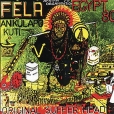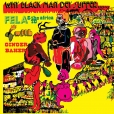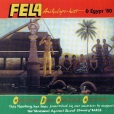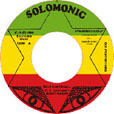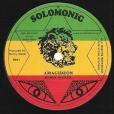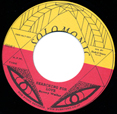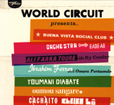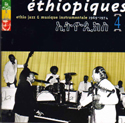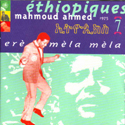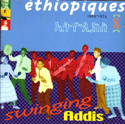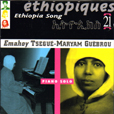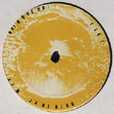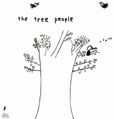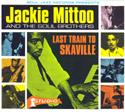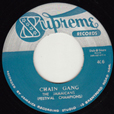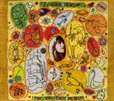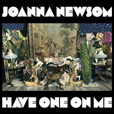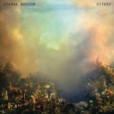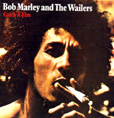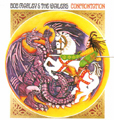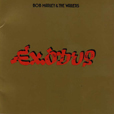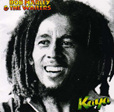Your basket is empty

The song Original Suffer Head — an angry homage to working-class Nigerians — presented in its full-length, 25 minutes, 24 seconds glory, restoring four minutes of ‘lost’ material, including a superb keyboard solo by Fela, which appeared on the original pressing, but has been omitted from subsequent reissues. The version used here starts and finishes with this characteristically visceral, futuristic keyboard work.
This was the first album Fela released under the name Egypt 80 (after disbanding Afrika 70 in 1979).
‘The penultimate album of newly recorded studio material released by Fela before his death in 1997.
‘Like its immediate predecessor, Beasts Of No Nation (also 1989), and its follow up, Underground System (1992), the album finds Fela continuing to campaign for human rights and social change despite the relentless beatings, jailings and general harassment he had received from successive military regimes since the start of the 1970s.’
The finest of his dancehall interventions with the Roots Radics, as the eighties progressed. This is taut and simple, tough and atmospheric, triumphant.
Heavyweight, apocalyptic Bunny, with a burial b-line, burning horns, masterful dub. By a mile the best thing on Blackheart Man.
Ex-Honest Jon’s employee Nick Gold celebrates 20 years of his World Circuit label with this double. Includes previously unissued tracks plus smashers from Buena Vista, Ali Farka Toure et al.
Presenting the musical giant, keyboardist Mulatu Astake — that’s him on the sleeve with Duke Ellington.
Collects Ahmed’s 1975 recordings for the Kaifa label, including the LP Ere Mela Mela released in Europe by Crammed Discs, back in 1986.
Soul, rhythm and blues, even the Twist re-articulated in Addis Ababa.
Unmissable, wonderful solo piano. Chopin, Tatum, Satie and company, steeped in the Ethiopian sound.
Stephen Cohen’s hushed, affective, dazed underground folk, recorded in Oregon in 1979. Lovely music, beautifully presented by this Japanese reissue label to watch. Guerssen vinyl.
‘The Soul Brothers possess a Crystal Clear Sound. Obviously it would be better to Cut the Chatter and Spin the Platter.’
A knockout selection of instrumental scorchers by the awesome Studio One house band led by Jackie Mittoo and Roland Alphonso, 1965-67.
Tough pan-Caribbean wig-out, complete with twanging guitar and characteristically hot organ; plus The Jamaicans’ lovely version of the Sam Cooke.
We loved Zoe’s first album The Cynic (now repressing) and her growing confidence and command won this a deserved Mercury nomination. Cracking trio interplay.
